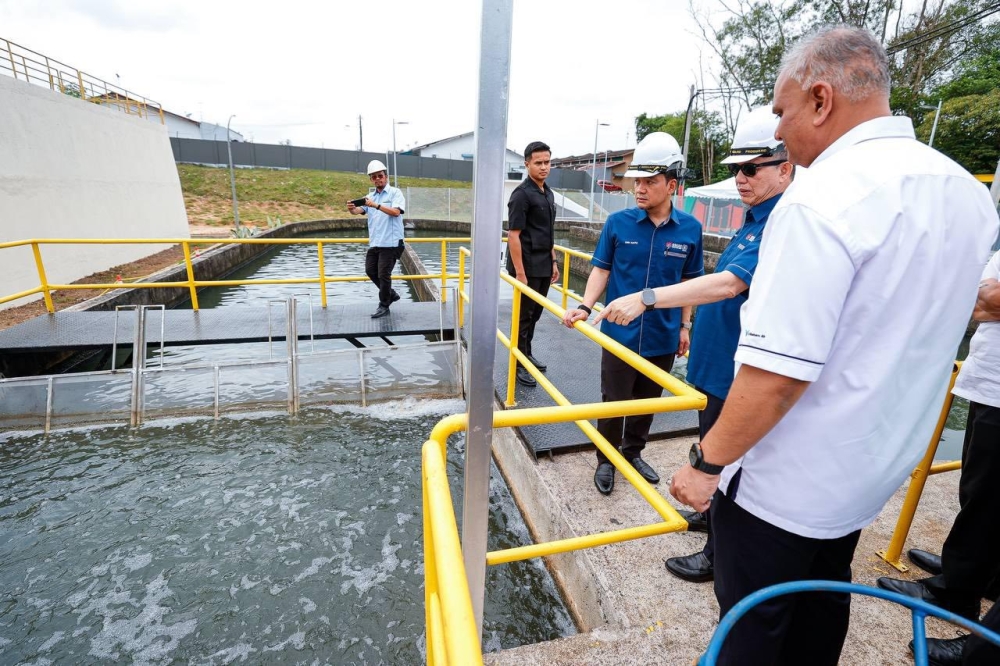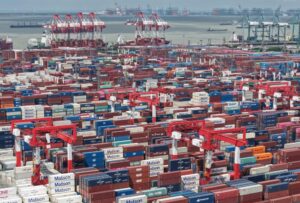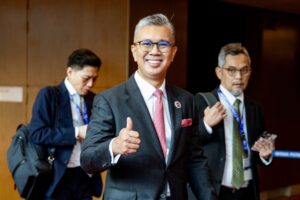ISKANDAR PUTERI, Aug 21 — Menteri Besar Datuk Onn Hafiz Ghazi has reportedly slammed critics of Johor’s development as fearmongers, by claiming that the state is unable to provide sufficient water and electricity supply for companies.
He said such claims were slanderous and malicious, aimed at undermining the state government’s efforts to attract international investment, particularly in the Johor-Singapore Special Economic Zone (JS-SEZ).
“We have also set up a special committee involving three state executive councillors with portfolios in Investment, Trade, Consumer Affairs and Human Resources; Infrastructure and Transport; as well as Housing and Local Government.
“So, when a company wants to set up a data centre in Johor, we will assess it first, and if there is insufficient electricity and water supply, we will not approve their application,” Berita Harian quoted him saying.
He said the initiatives undertaken by the state government were comprehensive, carried out in collaboration with Putrajaya to provide the best possible facilities for investors.
Expanding further, Onn Hafiz said the state government has also introduced various initiatives, including tapping into alternative water supply in collaboration with Indah Water Konsortium (IWK) Sdn Bhd to ensure sufficient resources.
He said the state government also has a long-term plan with the Ministry of Energy Transition and Water Transformation to ensure water supply remains sufficient until 2030.
“Johor is very serious about bringing in investment, and we will ensure that investors who choose Johor will feel secure with adequate water and electricity supply.
“As for those seeking to fish in troubled waters, I hope they will stop, because what we want to build is not only Johor’s economy but also one that benefits the nation,” he said.
Earlier this week, State Public Works, Transport, Infrastructure and Communication Committee chairman Mohamad Fazli Mohamad Salleh said Johor is the only state with a technical committee dedicated to evaluating and approving data centre projects, particularly their impact on water resources.
He said the move ensures data centre planning is carried out comprehensively, including water efficiency and environmental sustainability. The committee, which he chairs, also advises developers to adopt modern cooling systems and new water-saving technologies.
The rapid growth of data centre projects in Johor has raised concerns that the state could face a treated water crisis by 2030, with BIMB Research predicting demand will rise 18-fold from 20 million litres per day (mld) to 368 mld.






